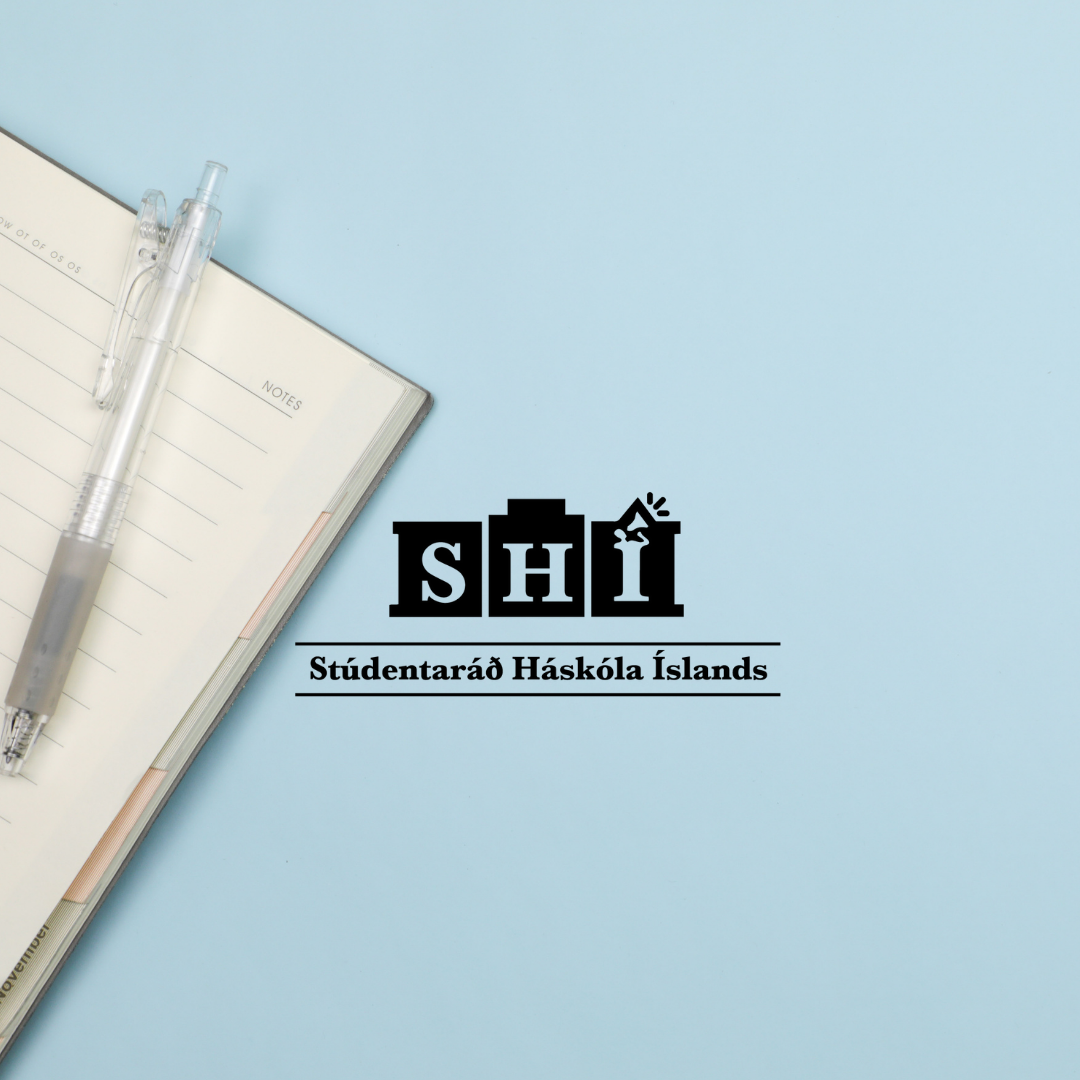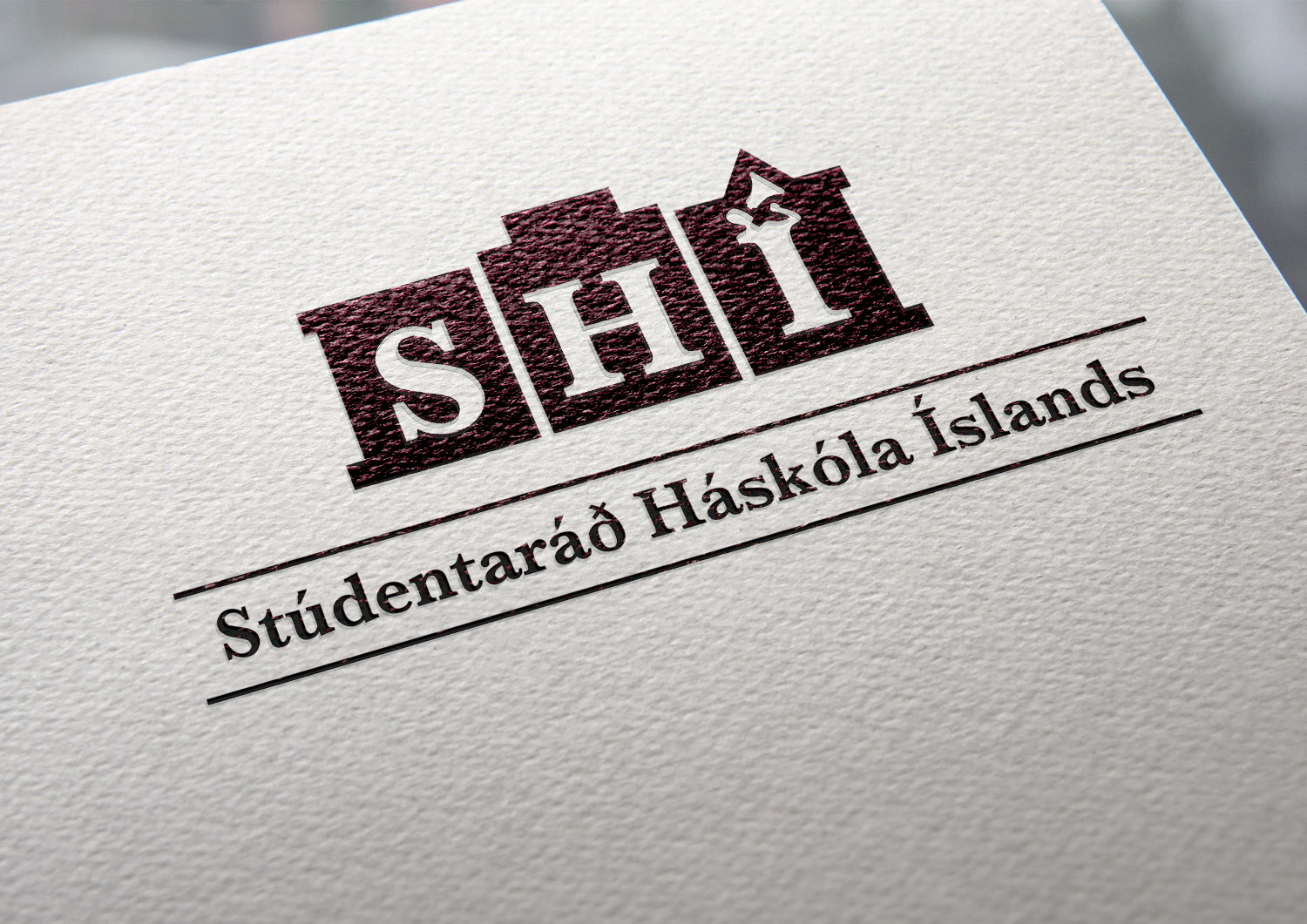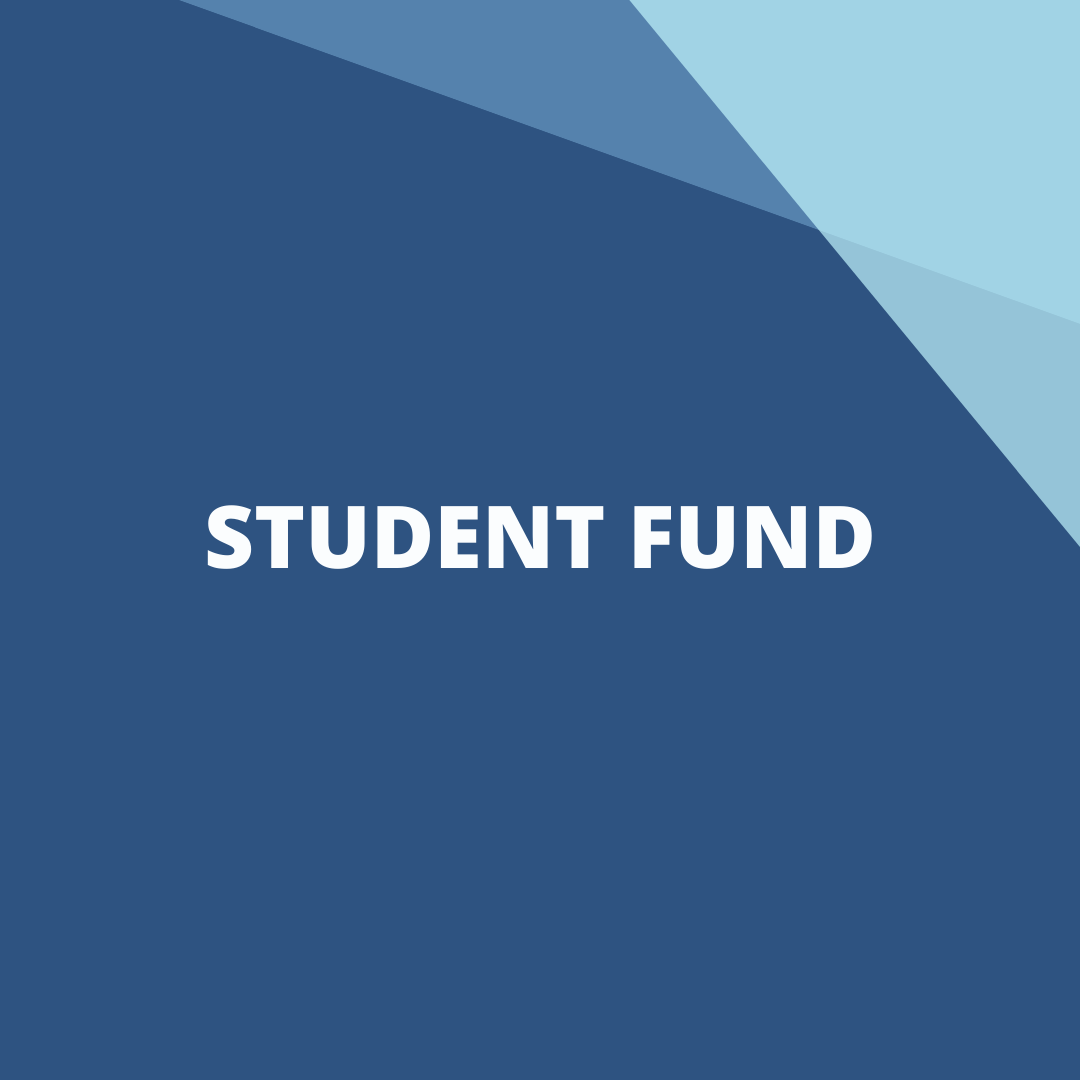Dear students at the University of Iceland,
Elections to the Student Council took place on March 23rd and 24th, and the election results can be found on our website. It should be noted that elections were also held for the University Council.
Following the elections, a new Student Council elects its representatives for the Student Council’s rights office, as well as electing other members within the Council. The election meeting will be held on April 20th, 2022, at 17:00 in L-101. According to paragraph 9 of the Student Council’s laws, the Council’s meetings are open to all students at the University of Iceland.
At the election meeting it is possible to run for President, Vice-President, Student Interest Representative and Student Loan Fund Representative. Also for the Student Council’s standing committees and other positions on behalf of the Council. Those who are elected at the election meeting take office after the exchange meeting, cf. Article 4 of the Student Council’s law. Eligible for election to the Council’s rights office, committees and other positions are all those who have been registered at the University of Iceland in the last three years before the election meeting.
Office Elected at Student Council Office, in accordance with the Council law:
- The President of the Student Council
- Vice-President of the Student Council
- Student Loan Fund Representative
- Student Interest Representative
Committees, in accordance with the Council law:
- Four representatives are elected for the Finance and Economic Affairs Committee, the Equal Rights Committee, the International Affairs Committee, the Transportation and Environmental Affairs Committee, the Family Affairs Committee, the Cultural and Social Events Committee and the Amendments Committee.
- The Student Council elects two representatives for the Innovation and Entrepreneurship Committee at the election meeting.
At the election meeting, only newly elected representatives of the Student Council have voting rights. If candidates are more than the number of positions, a proportional vote is necessary. If more than one person is elected in a specific election, the person who receives the most votes wins the position, then the person who comes next, and so on.
Nominations for the positions must be submitted to the chair of the meeting, who is also the President of the Student Council, Isabel Alejandra Díaz, before the election meeting at shi@hi.is or at the meeting itself.
Please contact the office of the Student Council at shi@hi.is if you have questions regarding the meeting agenda.
Meeting agenda
- Meeting begins
- Election of the President of the Student Council 2022-2023 (voting)
- Election of Vice President of the Student Council 2022-2023 (voting)
- Election of the Interest Representative of Student Council 2022-2023 (voting)
- Election of Student Loan Representative of the Student Council 2022-2023(voting)
- Nominations for the Student Council’s schools by the organizations 2022-2023 (voting)
- Nominations for the Student Council’s committees by the organizations 2022-2023 (voting)
- Election of vice-representatives of the Student Council 2022-2023 (voting)
- Nominations for the University Assembly by the organizations 2022-2023 (voting)
- Election of vice-representatives of the Student Council to the Representative Council of LÍS 2022-2023 (voting)
- Other issues
The meeting takes place in Icelandic.





